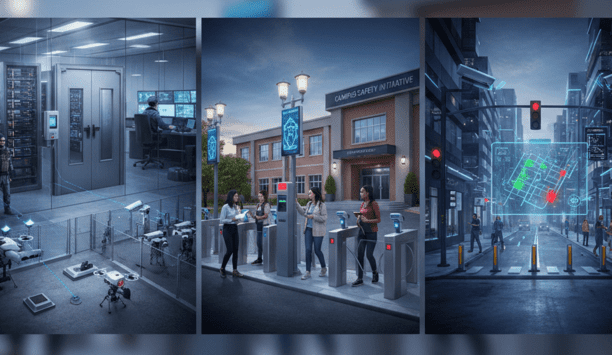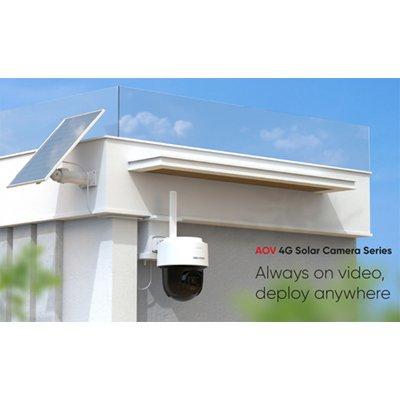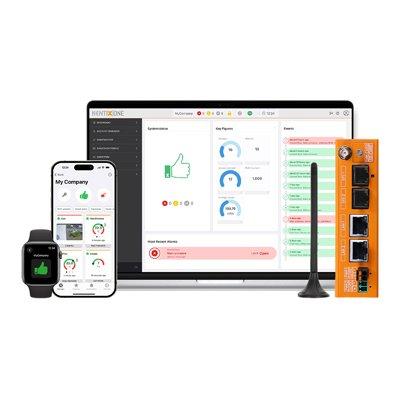The British Security Industry Association’s Vacant Property Protection section has welcomed the publication of British Standard BS 8584: 2015 Vacant Property Protection Services – Code of Practice. The BSIA was instrumental in the development of the standard and several members of its Vacant Property Protection (VPP) Section contributed their expertise throughout the process.
The Code of Practice is for companies providing protection to vacant (also known as void or empty) properties. The economic downturn of recent years, combined with changes in retail patterns and a move away from the high street, has resulted in an increase of the number of buildings that are not in use. In turn, this has led to a rise in the number of companies providing services to protect these buildings.
Largely based on existing BSIA Vacant Property Protection Code of Practice
The BSIA’s VPP section wished to create a code of practice for companies to follow to enable customers to differentiate principled companies with good quality practices from those companies who are solely interested in making money. To this end, the section lent their expertise to the drafting of BS 8584, alongside representatives of inspectorates, insurance providers and industry authorities. The standard was also largely based on the BSIA’s existing Vacant Property Protection Code of Practice, Form 154.
Gideon Reichental, Chairman of the BSIA’s Vacant Property Protection Section, explains: “The Code of Practice is a welcome addition to the existing standards applicable to the Vacant Property Protection sector and will help companies providing such services to follow good quality practices. Importantly, the Code of Practice reflects the wide variety of products and services available on the market and the increasingly sophisticated range of technology that is being used. Ultimately, the Code of Practice will help to ensure that end-users are receiving the best possible service from a reputable security company.”
Covers approaches to protect vacant property
Many people may think that protecting vacant property is a simple matter of boarding up windows, but the sector is an increasingly sophisticated business with a variety of security solutions now widely available. Many reputable vacant property protection companies now employ a variety of techniques to protect empty buildings including intruder alarm systems, manned security patrols, CCTV surveillance, fire and risk assessments, amongst a number of other measures. There has also been an increase in the number of companies using an alternative approach to protecting vacant property, whereby carefully vetted guardians provide protection by living in the property. BS 8584 covers both approaches to protecting vacant property.
Paul Phillips, Technical Services Manager at the BSIA, adds: “The Code of Practice has come at a really important time, as more properties become vacant, more customers will be looking for reputable companies to protect their properties. A company that complies with BS 8584 will be of good repute and will follow best practice guidelines.”
























